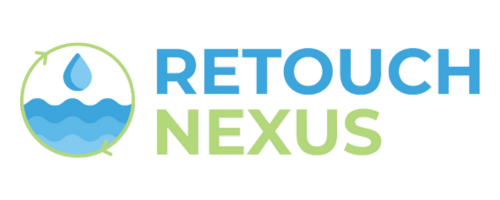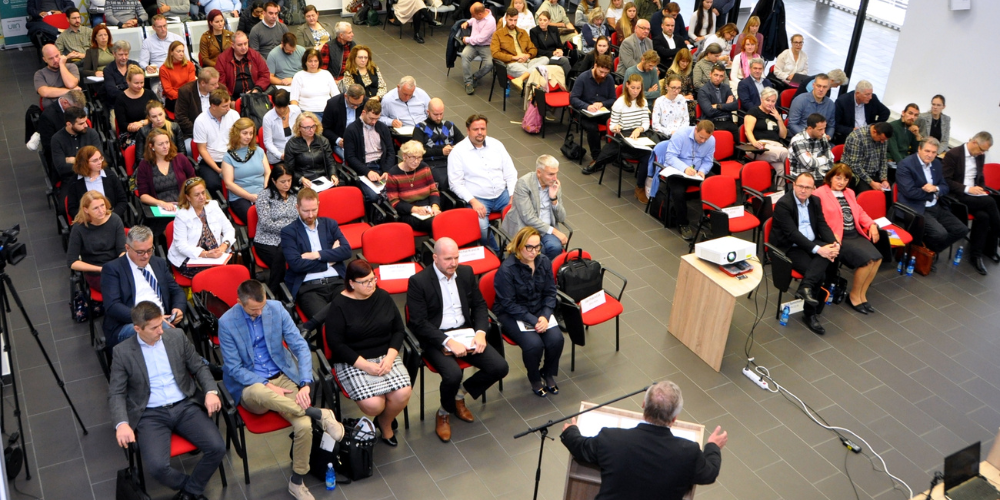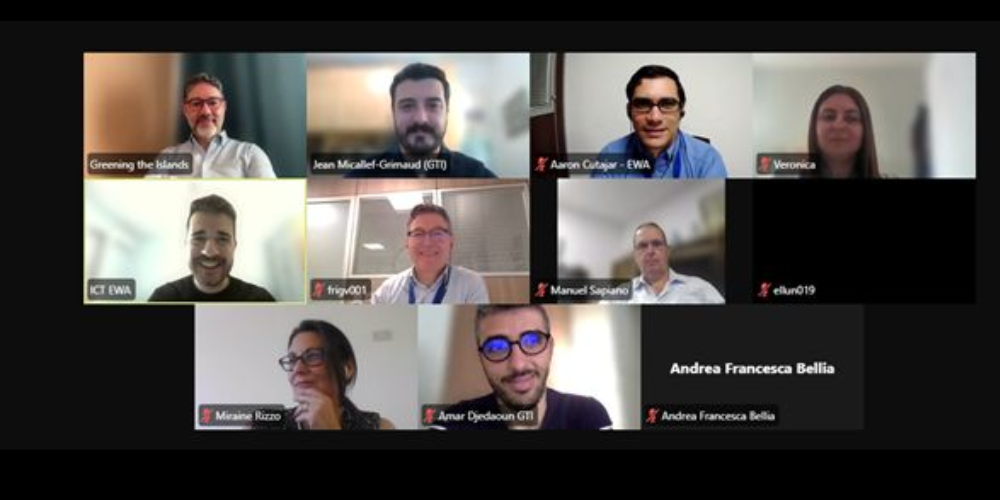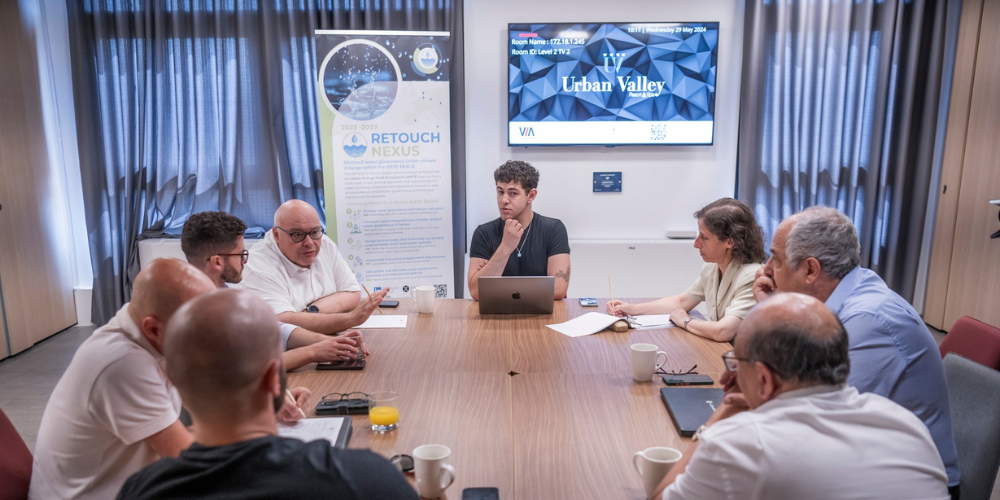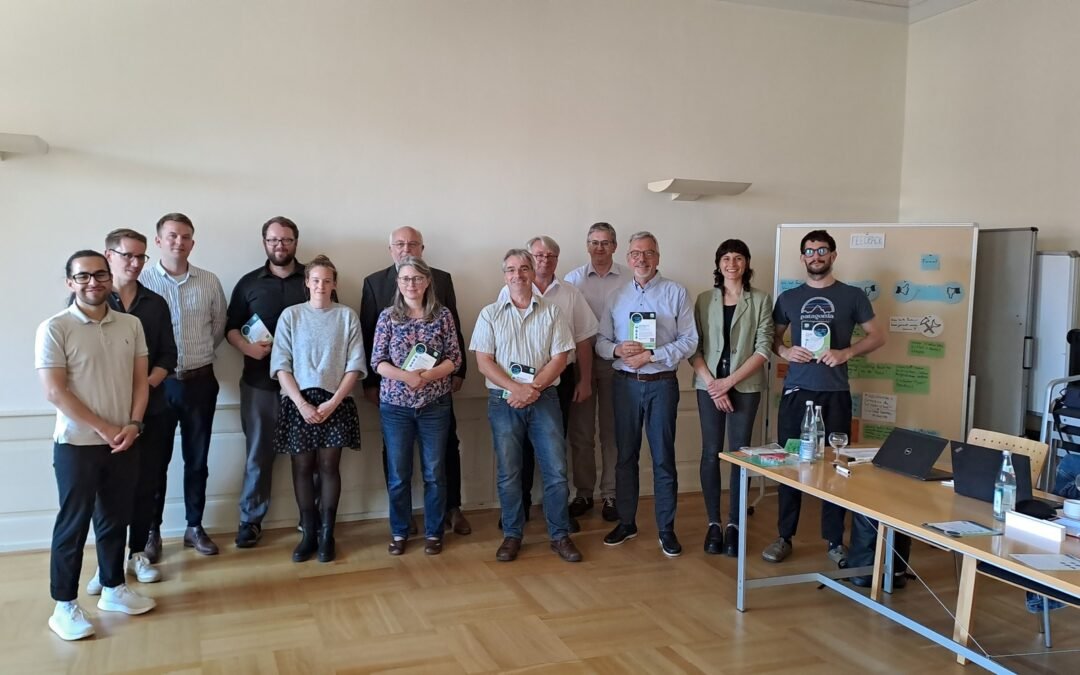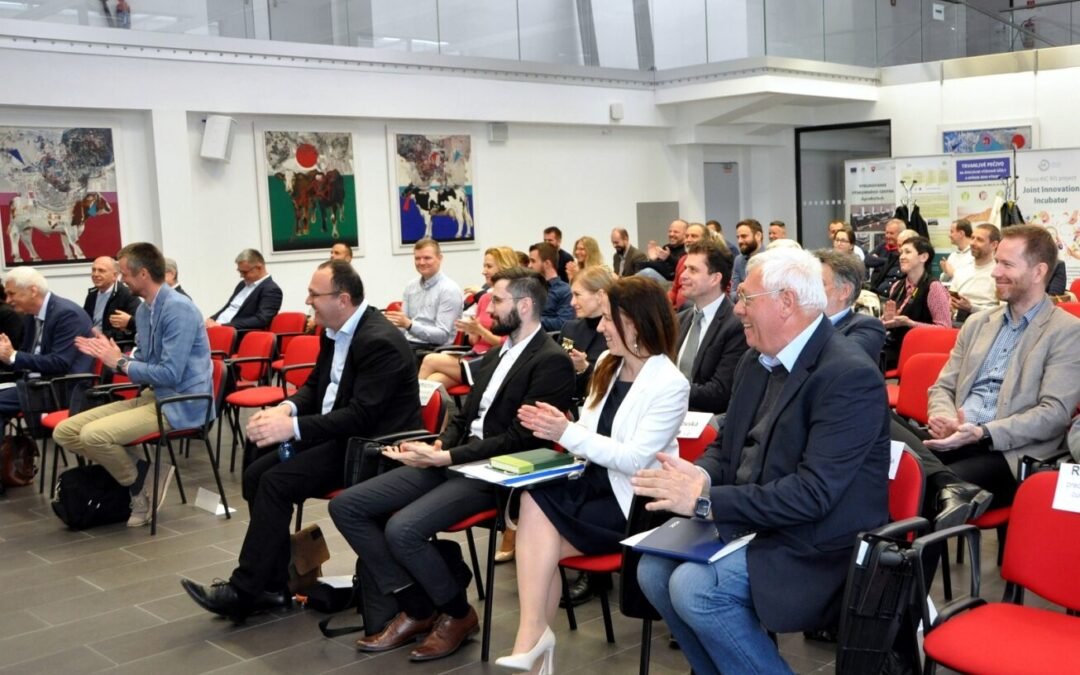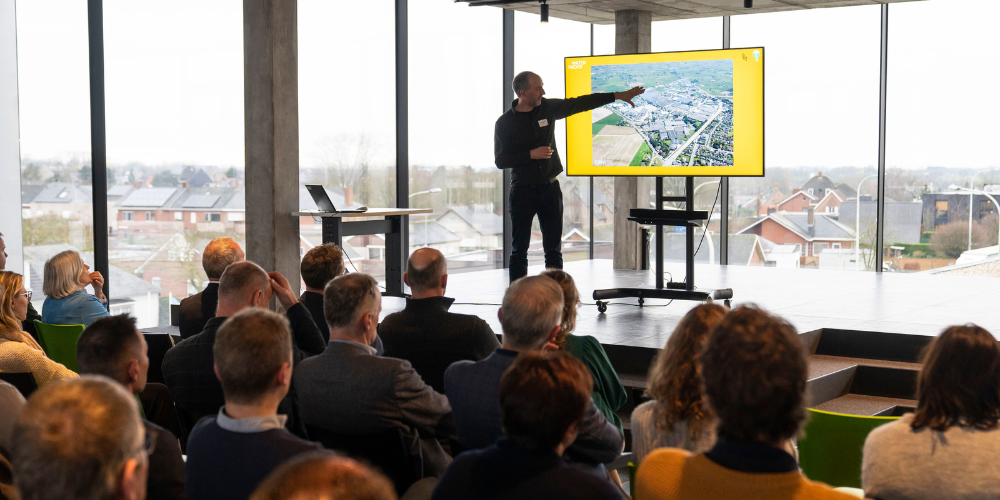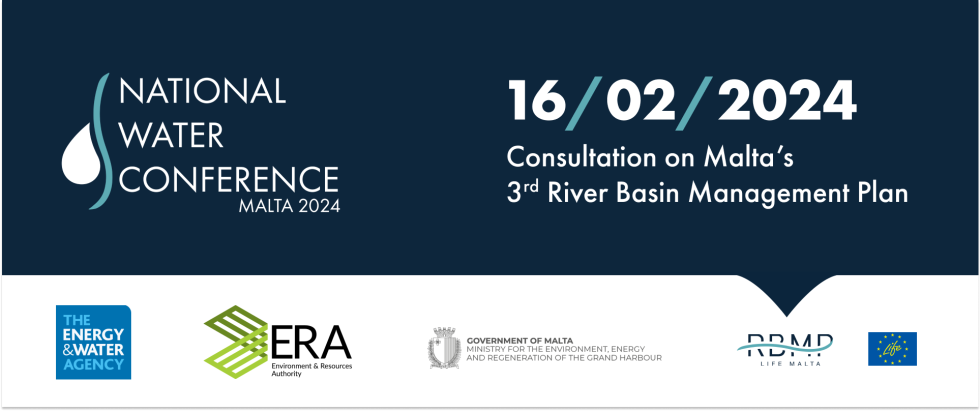On September 3, 2024, a resident information meeting was held at the BICC – Bibliotheek en Cultuurcentrum Peer, bringing together the future co-owners of Agnetenpark Peer, a newly developed residential area.
Organized by the property management team and supported by De Watergroep, this two-hour session served as an opportunity to introduce residents to the organizational and operational aspects of their new community, with a key focus on the innovative household water system installed on the site.
Informing Future Residents on Sustainability-Oriented Water Solutions
The session, attended by 30 co-owners, was structured around a general overview of the property association’s roles and responsibilities, including financial planning, maintenance, and the establishment of collective provisions. De Watergroep’s team used a concise, 10-minute presentation to explain the household water system, detailing the sustainability goals behind its installation, the operational costs, and the benefits residents can expect from this eco-friendly approach to water management. Following the presentation, a brief Q&A session allowed residents to address any questions and clarify their expectations.
Key Takeaways from Resident Q&A
De Watergroep took the opportunity to share that this household water project is primarily a sustainability-driven initiative by the site’s developer, rather than an economic one. The system was designed to be budget-neutral for residents, with simulations indicating that the water costs for an average household will align closely with traditional water expenses.
The following questions from residents highlighted their main concerns and priorities regarding water access and cost:
- Cost Comparison to Drinking Water: Residents asked about the price comparison between household water and drinking water. De Watergroep confirmed that for an average family, costs would remain comparable to typical drinking water prices, aligning with budget-neutral expectations.
- Household Water Availability: A question about the availability of household water and potential usage limits was addressed with clarity: while household water is generally accessible, volumes will be monitored and billed. In the event of household water depletion, up to 600 m³ of supplementary drinking water can be supplied annually.
- Use of Household Water for Irrigation: Residents expressed interest in whether the residential area’s landscaping would be irrigated using household water. De Watergroep noted that while this would be confirmed by the developer, the landscaping was designed with drought-resistant plants to minimize water dependency.
Supporting Resident Awareness and Engagement
To ensure residents remain informed and confident about their water usage and the sustainability benefits of the household water system, De Watergroep plans to launch several follow-up actions:
1. Webpage on Household Water Systems: A dedicated page on De Watergroep’s website will provide in-depth information on the household water system’s structure, purpose, and usage guidelines.
2. Informational Brochure: A printable, easy-to-understand brochure will be developed, outlining essential points covered in the meeting for ongoing resident reference.
3. Resident Feedback Survey: A questionnaire will be distributed to capture resident experiences and gather feedback on the household water system, helping identify areas for improvement and addressing any lingering concerns.
Next Steps
This meeting provided future Agnetenpark residents with essential insights into their new community’s water system, fostering awareness and transparency around this sustainable solution. The session marked a significant step towards building a well-informed, engaged community aligned with Agnetenpark’s commitment to sustainable water management.
